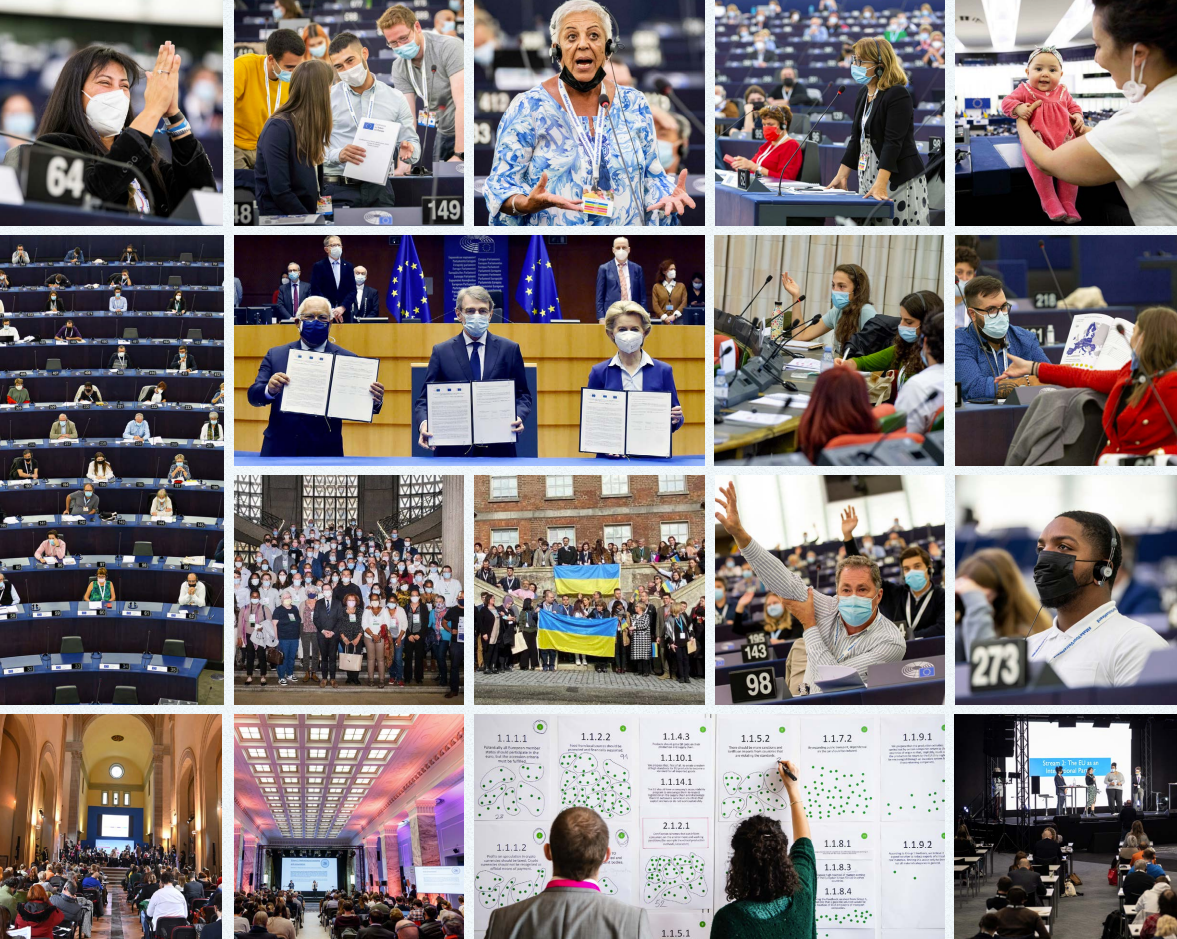Education trade union on the role of education in the Conference on the Future of Europe
Published:
The “Conference on the Future of Europe” was a citizen-led series of debates and discussions that ran from April 2021 to May 2022 on the future of the EU. Its conclusions are presented in a final report. Following this, the Committee on Culture and Education (CULT) of the European Parliament adopted an opinion which suggests that certain aspects of education be a shared competence in a certain way. It asks to amend Articles 4 and 6 of the Treaty on the Functioning of the European Union (TFEU) to introduce shared competences in the field of education and Articles 165 and 166 TFEU which are about education and vocational education and training.
This Opinion will feed into a Report of the Constitutional Affairs Committee of the EP (AFCO) which will adopt a report in April 2023 on the Future of Europe. This report can propose to the Council of the EU to open the process of convention to reopen some Articles of the Treaty for revision.
On 7-8 November 2022, the ETUCE Committee adopted a position paper on the role of education in the Conference on the Future of Europe. The adopted ETUCE position paper reminds that education is a human right and public good, in line with Article 15 of the EU Charter of Fundamental Rights. The elected member of the ETUCE Committee stressed that education reflects cultural specificities and national labour market needs. Therefore, turning education into a shared competence of the EU might undermine the essential principle of “unity in diversity”, and can easily lead to the "one-size-fits-all" approach and reduction of the level of social dialogue on the education sector. They underlined that the Opinion of the CULT Committee is not clear as academic freedom is not achievable when education is shared competence, since the aim is to introduce same curricula in some areas. ETUCE member organisations acknowledged that EU policy has already an enormous influence on the classroom level education especially via the European Semester Process and via EU funds (RRF, Erasmus+, ESF+, etc). However, the issue is that education trade unions at the EU and national levels are not involved in setting the policy priorities of the Erasmus+ budget. A fortiori, the lack of social dialogue could even enhance further should education be made a shared competence. Therefore, ETUCE demands a strong role be given to the European Sectoral Social Dialogue of Education in developing and implementing EU policies in education.
Finally, ETUCE will continue working with ETUC on the revision of the Treaty on education in relation to the Conference on the Future of Europe. ETUC and its Working Group on the Conference of the Future of Europe is closely monitoring the process and adopted a position on demanding to reopen the Treaty on certain core issues.
The position paper can be found here